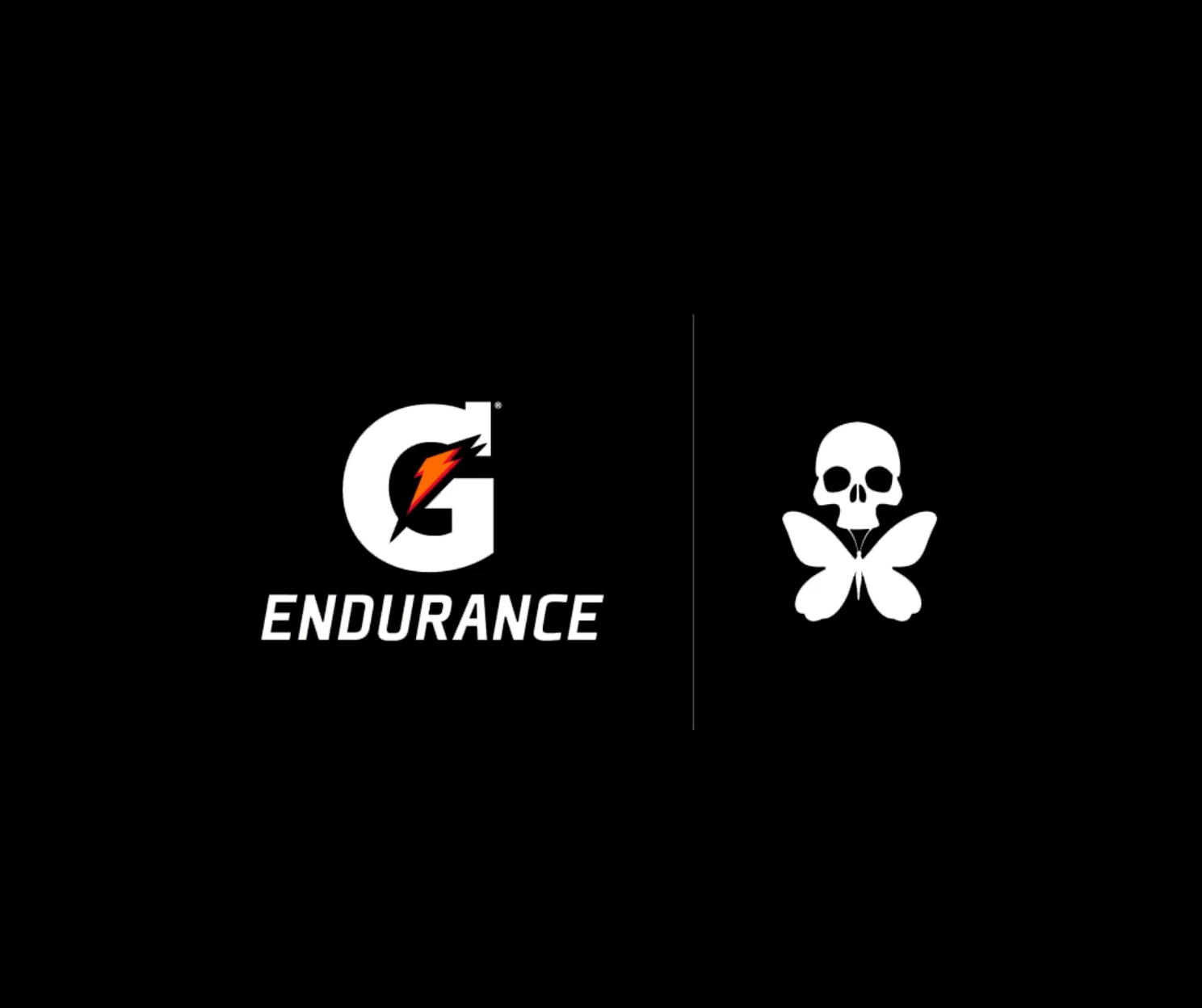
IT'S NOT ROCKET SCIENCE. IT'S ENDURANCE NUTRITION SCIENCE
by Kristin Mayer
·
It's Not Rocket Science. It's Endurance Nutrition Science. Gatorade Endurance x Betty Designs from Betty Designs on Vimeo.
It is no secret that nutrition is the 4th leg of any triathlon race. Although I am by no means a nutritionist, over the almost 20 years that I raced triathlon, I have at least some firsthand experience. More importantly, I talk with women every day who are bewildered by the vast number of opinions about what someone should or should not be eating and drinking during a race.
It was probably a combination of luck and having a coach who kept things simple that allowed me to essentially ignore the nutrition fads that came and went over the years (remember when everyone was eating Big Macs and bacon on rides?!). From my vantage point, the basics of sports nutrition haven’t changed all that much over the years. For the majority of athletes that I know the broad principles that worked over the last 2 decades are the same principles that work for the vast majority of athletes today. These are the same principles that worked for my heroes like Paula Newby-Fraser and Heather Fuhr when they were killing it way back when.
I have found that the secret to nutrition is that there is no secret. I take in enough calories for my workout and my day-to-day diet when I am training is mostly carbohydrate. I take in electrolytes when I am out for more than one hour. It isn’t that difficult. I don’t eat Big Macs and large amounts of fat and protein in training or racing I don’t spend exorbitant amounts of money on voodoo nutrition powders and potions. I don’t eat vegetable based protein powder because I don’t like the way it tastes. I eat sugar. Yes, I do. There is a myth that sugar is the enemy. I hear so many athletes who are afraid of eating it. While eating a lot of sugar has been proven to be bad for your health if you live on it, you DO need some sugar in your system for endurance training and racing. It’s ok if you want to eat a few gummy bears during an ironman. Trust me, your body will burn right through it!
It will probably sound boring but the truth of the matter is that I have been using essentially the same products as I have used for 20 years. Given that I have never had to exit a race because of GI issues, I very rarely if ever bonk on a bike ride, and my performance (especially on the bike which is my current focus) is improving significantly even as I close in on 50 years on this planet, there is something to be said for finding something that works and sticking with it.
People always ask me what I use when I train and when I was racing. I’ve been what I call a “Gatorade Girl” my entire endurance existence which is why my head almost exploded when I chatted with the Gatorade Endurance folks at a local event last year about becoming an ambassador for them and to discuss support for our Team Betty in 2017. This marriage was a complete no brainer because, with very few exceptions, the only sports drinks I have used routinely for the last 20 years are Gatorade and Gatorade Endurance.
I had the opportunity while in Kona last October to get tested on my sweat rate in the Gatorade Endurance booth. I thought this would be pretty cool to see the scientific numbers. I have always felt I have a good grasp on my hydration needs, but wondered if I could be doing better. When I crossed a 70.3 finish line I was always covered in salt. I never cramped and did not think I was a “heavy sweater”, but thought maybe I lost a lot of salt/electrolytes in comparison to my sweat rate.
Turns out I was pretty spot-on, hence the consistency in my racing all those years. I was told I am a “moderate sweat rate” of 1.1L./h (37.6 oz/h) and “high sodium loss” of 1,207 mg/h during exercise. Here are some pretty simple guidelines that can set you up for success:
- Have enough fluid so you don’t lose more than 2-3% of your body weight. Have enough carbs…based on duration of exercise. ~1-2.5h 30-60g/h, >2.5-3h up to 90g/h.
- Test in training starting at a lower level and working your way up in the range.
- If you feel uncomfortable, back off a little.
- If you are coated in salt, likely on the higher end of losses and should consider supplementing with higher sodium containing products and/or salt.
- During periods of heavy training, diet should be carb-focused to support the hours the athletes are putting in on the bike, in the pool, and running.
Basically, it’s not rocket science, it’s endurance nutrition science. My training is now in full swing with a heavy cycling focust because I have three pretty gnarly cycling events on the calendar between now and July 8th . Hope to see you out there kicking butt! Follow Gatorade Endurance at @GatoradeEndurance on Facebook and shop the fuel here.